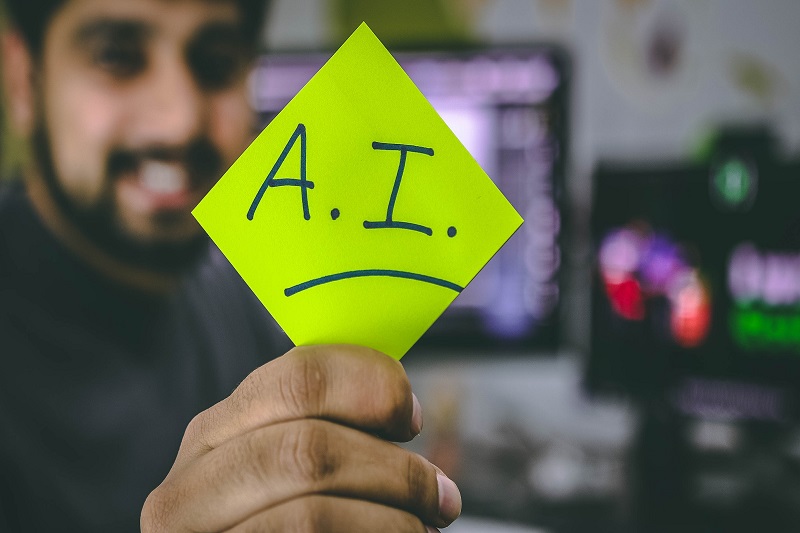
Wasn’t AI always supposed to make our jobs easier? Some workers disagree with the outcomes
Artificial intelligence tools carry the promise of improving efficiency, streamlining tasks and boosting workplace productivity. But this hasn’t been the experience of Neil Clarke, an editor and publisher, yet. The tools have “almost doubled our workload,” he stressed.
Road To Tech Advancements Plagued With Unintended Consequences
Clarke said he recently had to temporarily shutter the online submission form for his magazine, Clarkesworld, after his team had to manually parse through scores of “consistently bad” AI-generated submissions. He called some of the stories “the worst” they have ever seen.
But quality isn’t as big a problem for his team as quantity. Since OpenAI’s ChatGPT made its way into the market last year, several prominent figures in the tech world have sung praises of AI boosting productivity, helping humans work less and creating new and better jobs in the future.
Keep Reading
But as is often the case with technology, the long-term impact isn’t always clear or the same across industries and markets. Moreover, the road to tech advancements is often plagued with unintended consequences, similar to the case with Clarkesworld.
Involving Employees In The Process Of Implementation
Big Tech companies have lately been trying to take a slice of the seemingly lucrative AI world, pledging significant investments into new tools to streamline work. It’s true these tools can help quickly draft emails, summarise large texts and make presentations.
In a recent study, researchers at MIT found ChatGPT has “important applications in white-collar work,” said Shakked Noy, a PhD student in MIT’s Department of Economics, who co-authored the paper, adding “it’s still too early to tell if it will be good or bad.”
Several employees at different organisations have raised concerns over their workloads getting heavier. It’s, therefore, important to involve the employees in the process of implementation. The upper management should be aware of feedback from the frontline workers.




